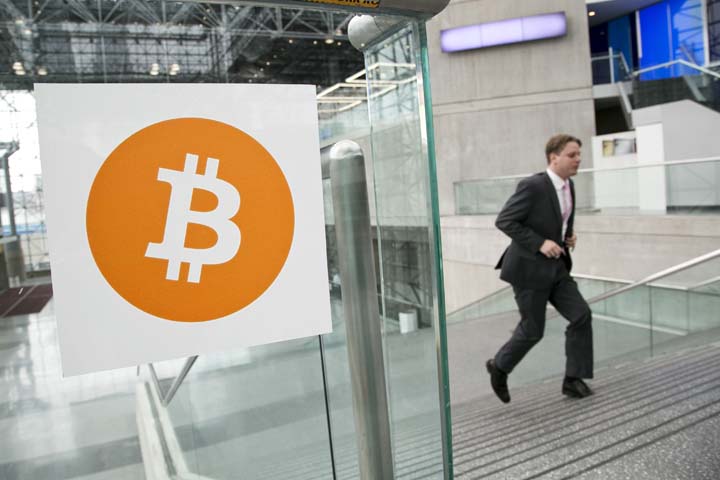Advertisement
The Illicit World Of ‘Dark Wallet’
ResumeUsing bitcoins to buy drugs, guns, you name it. We’ll look at Dark Wallet, the new software that will protect your identity.
With guest host Jessica Yellin.

Your keys. Your privacy. Your sovereignty. That's the slogan for Dark Wallet. It's a brand new anti-government software designed to build an online economy, beyond the government's reach. The software is free. Download it and you can make transactions with digital money — called bitcoins — and they're all but untraceable. The upside: more privacy from snooping eyes. The downside: secrecy to buy deadly trades of illegal guns and terror funds. This hour, On Point: Dark Wallet and the new unregulated world of digital money.
Guests
Andy Greenberg, technology reporter for WIRED Magazine. Author of "This Machine Kills Secrets: How Wikileakers, Cypherpunksa nd Hacktivists Aim To Free the World's Information." (@a_greenberg)
Cody Wilson, founder of Defense Distributed. Part of a collective of coders called unSystem which just launched Dark Wallet. (@Radomysisky)
Juan Zarate, senior adviser at the Transnational Threats Project and Homeland Security and Counterterrorism Program at the Center for Strategic and International Studies. Former assistant secretary of the U.S. Treasury for terrorist financing and financial crimes. Author of "Treasury’s War: The Unleashing of a New Era of Financial Warfare." (@JCZarate1)
From The Reading List
WIRED: ‘Dark Wallet’ Is About to Make Bitcoin Money Laundering Easier Than Ever --"On Thursday, a collective of politically radical coders that calls itself unSystem plans to release the first version of Dark Wallet: a bitcoin application designed to protect its users’ identities far more strongly than the partial privacy protections bitcoin offers in its current form. If the program works as promised, it could neuter impending bitcoin regulations that seek to tie individuals’ identities to bitcoin ownership. By encrypting and mixing together its users’ payments, Dark Wallet seeks to enable practically untraceable flows of money online that add new fuel to the Web’s burgeoning black markets."
The New Yorker: Dark Wallet: A Radical Way To Bitcoin — "Wilson and Taaki’s project, tentatively known as Dark Wallet, is a simple wallet designed to be easier to use for people who aren’t tech-savvy; they hope that in turn accelerates the currency’s rate of adoption around the world. The wallet will be open-source and free to use. Eventually, Wilson and Taaki hope to create a vast stable of Bitcoin-related tools. The goal, for Wilson, is similar to what he tried to do with the Liberator: use technology to remove government intervention from his life, and from the lives of like-minded people."
The Wall Street Journal: ‘Dark Wallet’ for Managing Bitcoin Arrives This Week -- "For all the talk of bitcoin being untraceable, it’s actually pretty easy for cops to figure out who is spending what unless suspects take very technical precautions. Wilson seeks to change that by making it easier for non-techies to have an anonymous currency online. Mr. Wilson wants people to buy whatever they want on the Internet, whether it be drugs, guns or an artistically questionable CD. He’s gained fans in libertarian circles — including PayPal founder Peter Thiel."
This program aired on May 6, 2014.